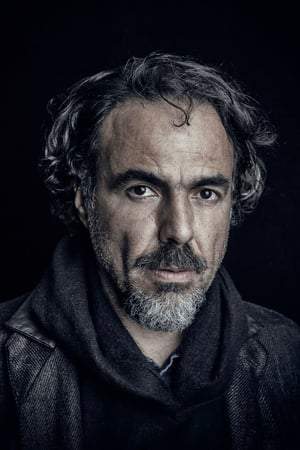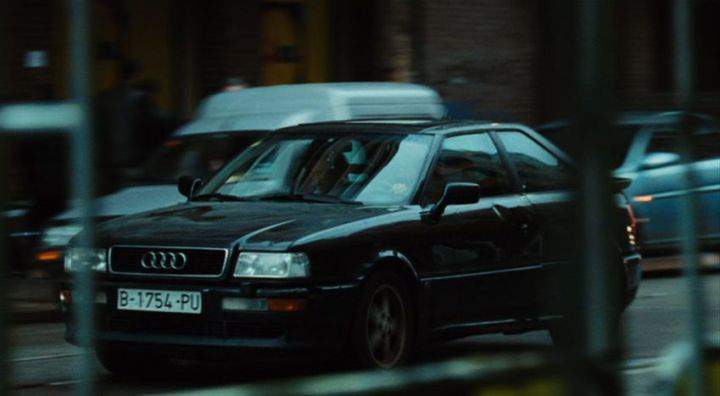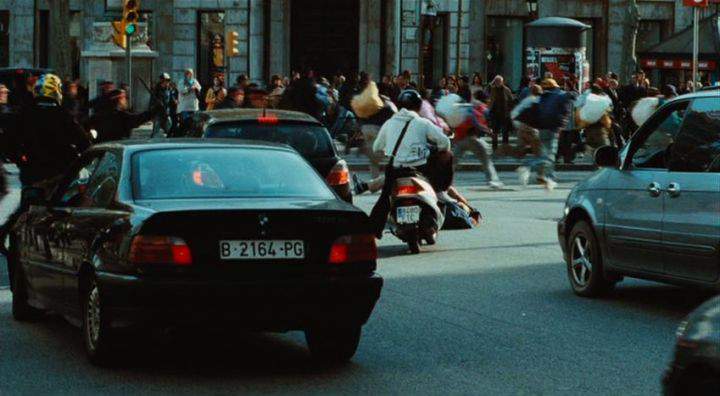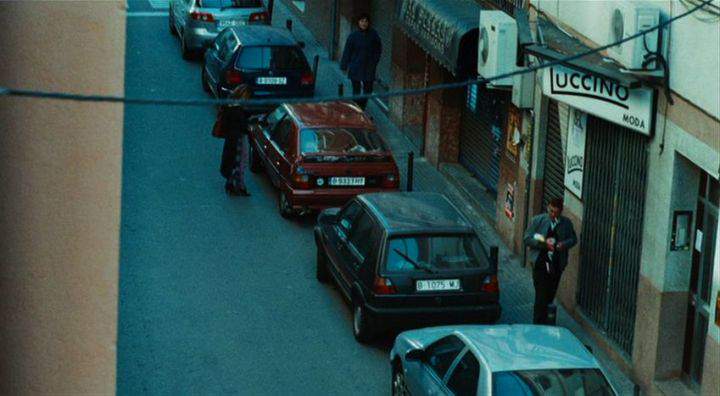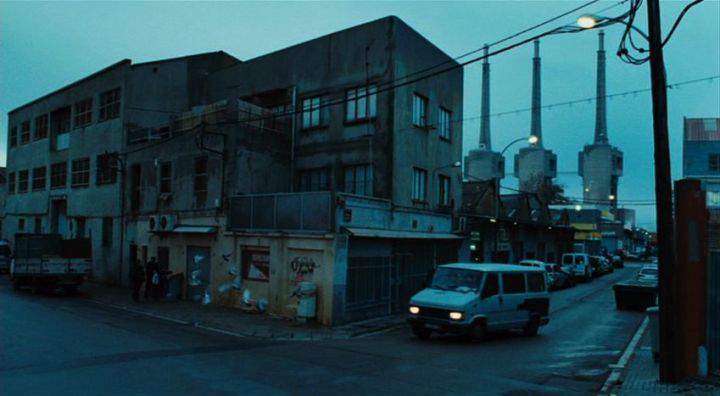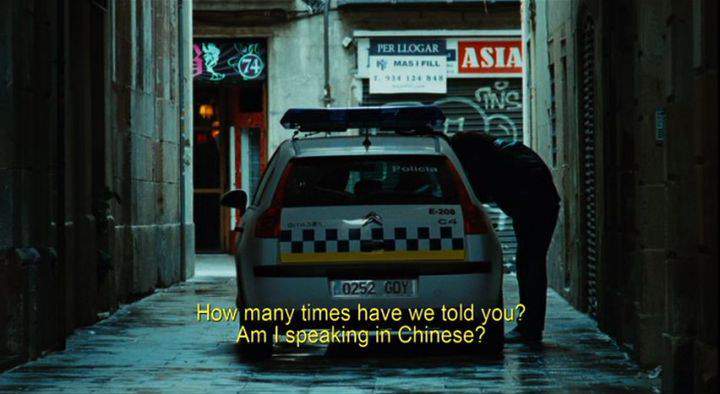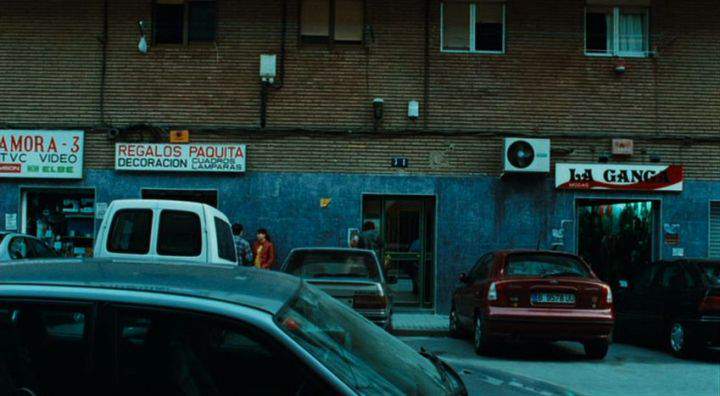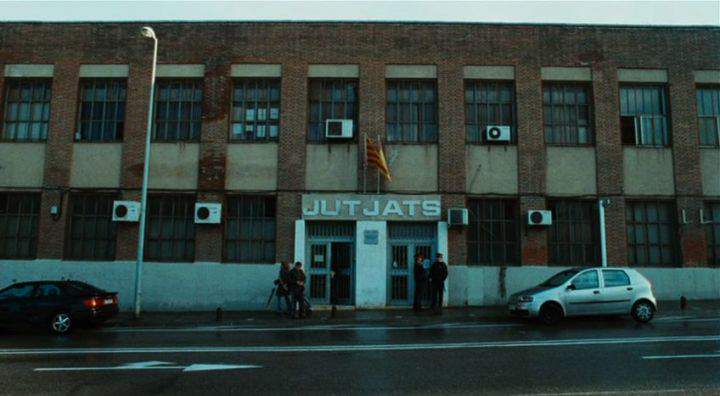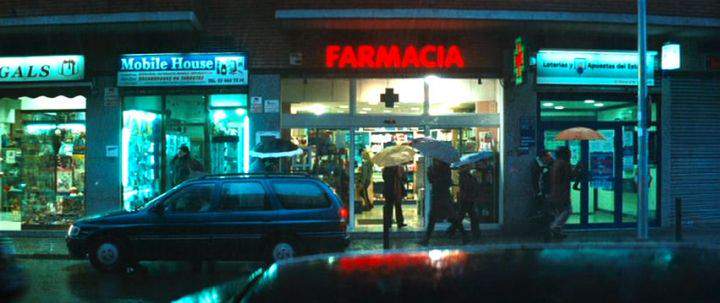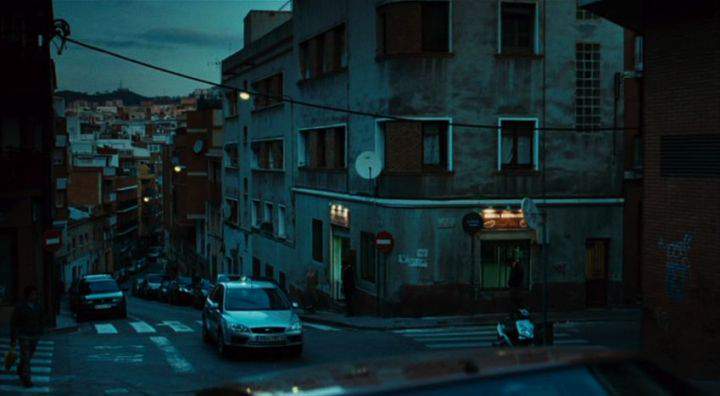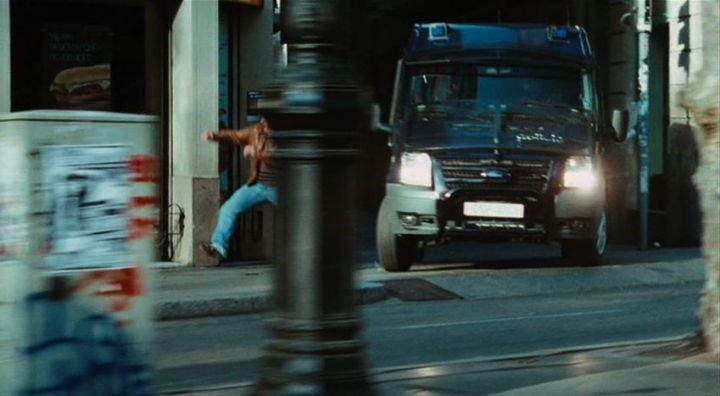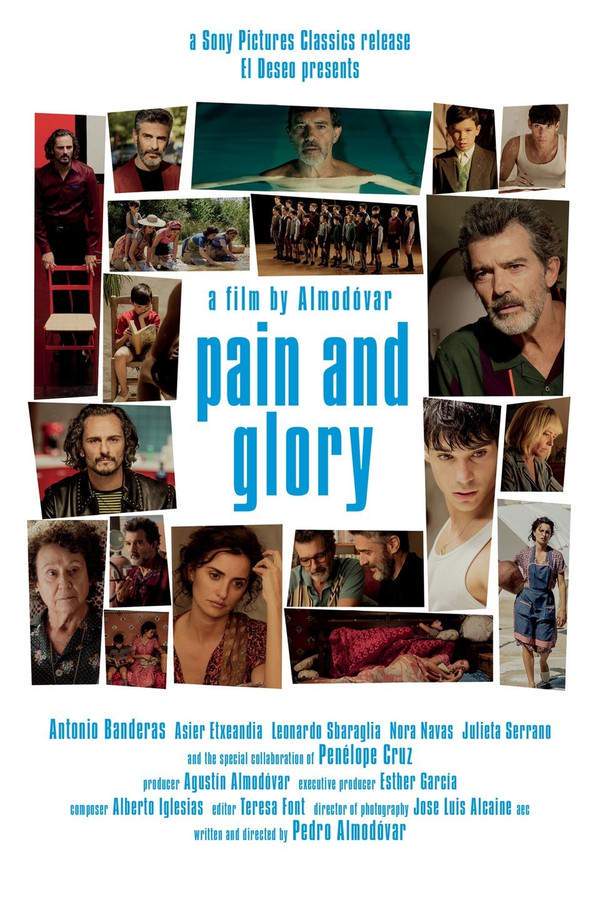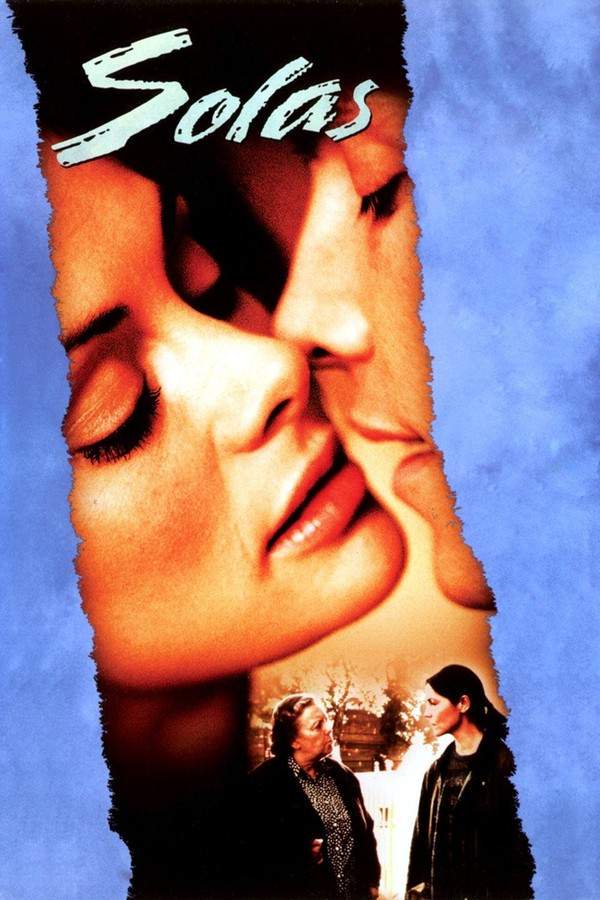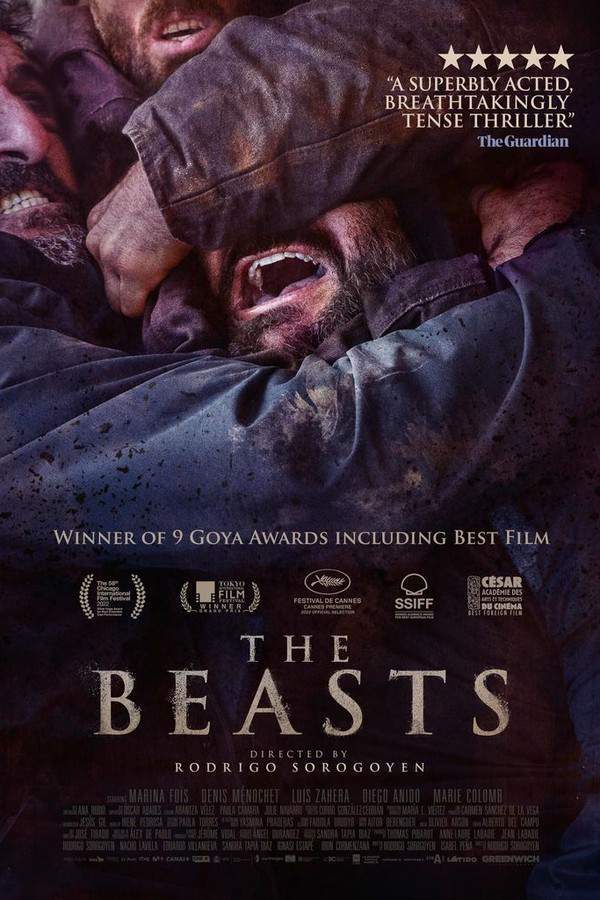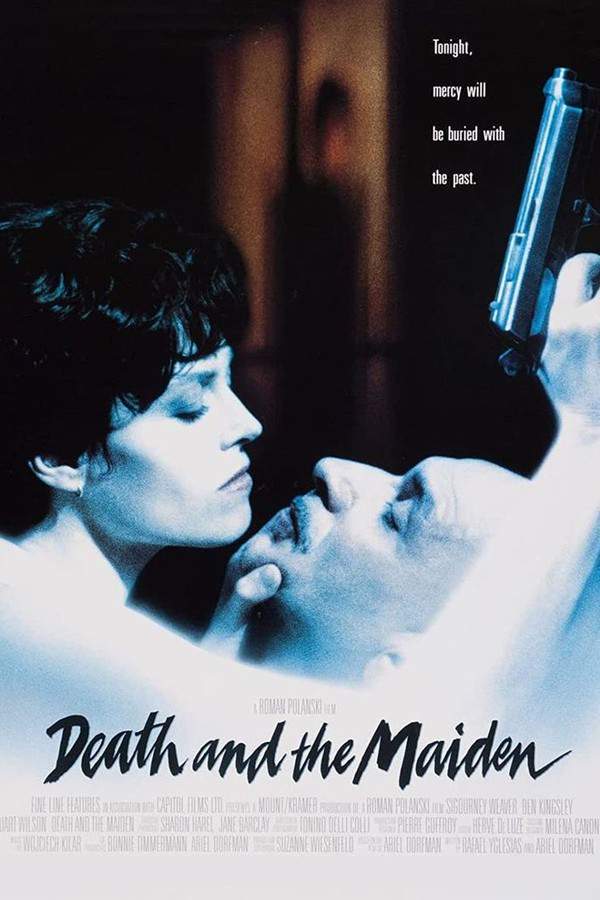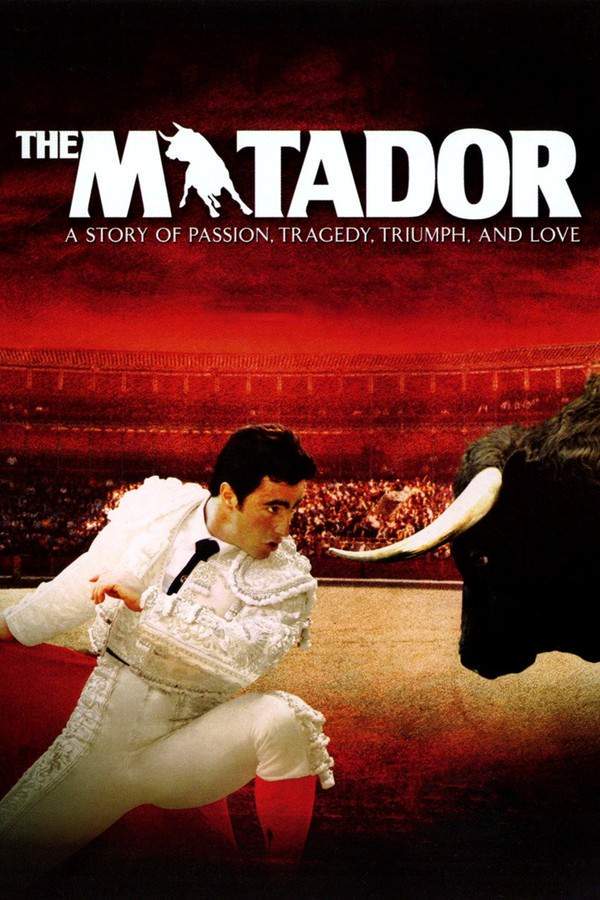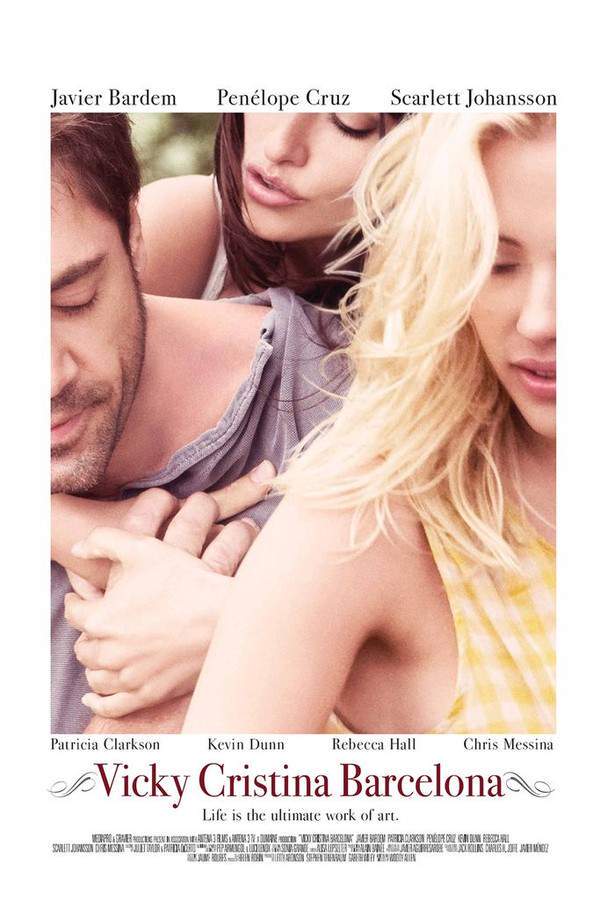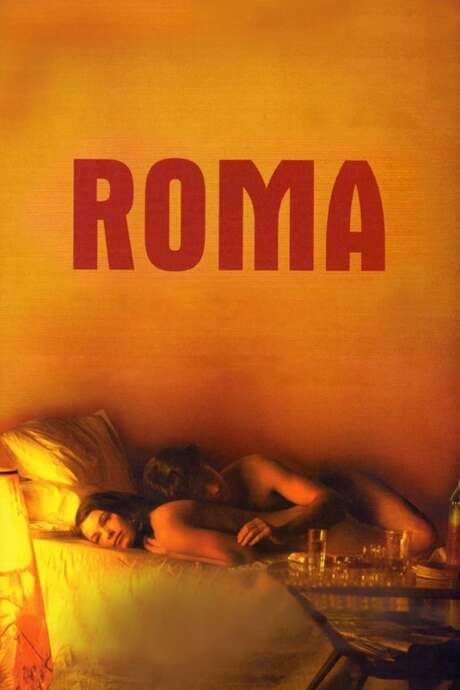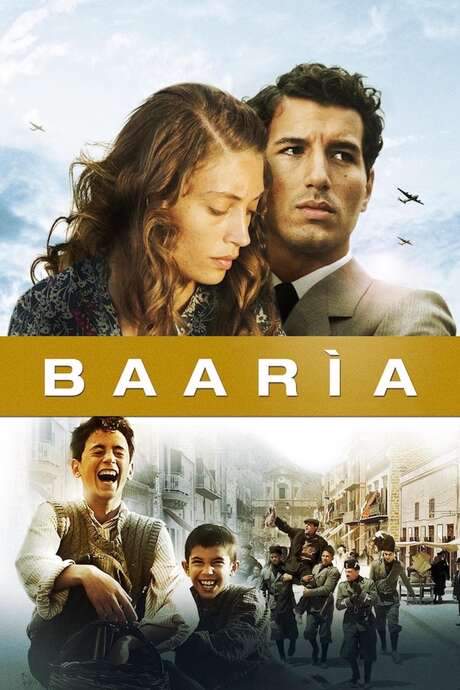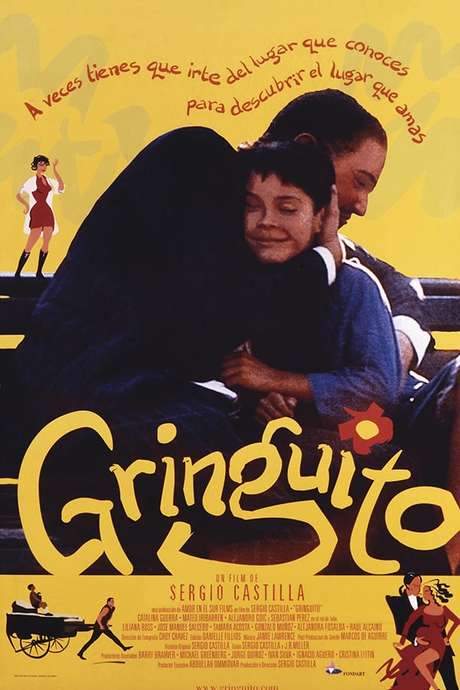Biutiful 2010
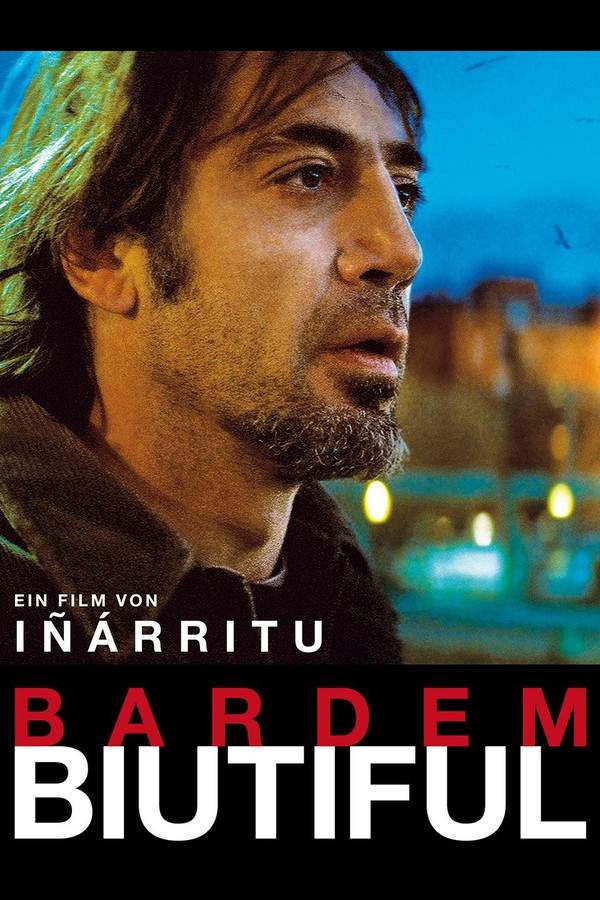
In contemporary Barcelona, a man named Ugo (Javier Bardem) struggles with inner demons while trying to safeguard his children from the city’s underbelly. He navigates a world of illegal immigration, petty crime, and exploitation, confronting both his own mortality and the challenges of fatherhood. The film, directed by Alejandro González Iñárritu, explores themes of redemption and resilience against a backdrop of urban decay, and earned Javier Bardem the Best Actor prize at the 2010 Cannes Film Festival.
Does Biutiful have end credit scenes?
No!
Biutiful does not have end credit scenes. You can leave when the credits roll.
Meet the Full Cast and Actors of Biutiful
Explore the complete cast of Biutiful, including both lead and supporting actors. Learn who plays each character, discover their past roles and achievements, and find out what makes this ensemble cast stand out in the world of film and television.
External Links and Streaming Options
Discover where to watch Biutiful online, including streaming platforms, rental options, and official sources. Compare reviews, ratings, and in-depth movie information across sites like IMDb, TMDb, Wikipedia or Rotten Tomatoes.
Ratings and Reviews for Biutiful
See how Biutiful is rated across major platforms like IMDb, Metacritic, and TMDb. Compare audience scores and critic reviews to understand where Biutiful stands among top-rated movies in its genre.

58
Metascore
7.2
User Score


66%
TOMATOMETER

75%
User Score

7.4 /10
IMDb Rating

72
%
User Score
Take the Ultimate Biutiful Movie Quiz
Challenge your knowledge of Biutiful with this fun and interactive movie quiz. Test yourself on key plot points, iconic characters, hidden details, and memorable moments to see how well you really know the film.
Biutiful Quiz: Test your knowledge on the poignant themes and characters of 'Biutiful'.
Who is the main character in 'Biutiful'?
Uxbal
Tito
Ekweme
Hai
Show hint
Awards & Nominations for Biutiful
Discover all the awards and nominations received by Biutiful, from Oscars to film festival honors. Learn how Biutiful and its cast and crew have been recognized by critics and the industry alike.
83rd Academy Awards 2011

Foreign Language Film
64th British Academy Film Awards 2011

Best Film Not in the English Language
16th Critics' Choice Awards 2011
Best Foreign Language Film
68th Golden Globe Awards 2011
Best Foreign Language Film
Full Plot Summary and Ending Explained for Biutiful
Read the complete plot summary of Biutiful, including all major events, twists, and the full ending explained in detail. Explore key characters, themes, hidden meanings, and everything you need to understand the story from beginning to end.
Uxbal, portrayed by Javier Bardem, finds himself in a snowy forest where he encounters a younger man, who is revealed to be his father—a figure who tragically died in exile in Mexico due to his opposition to Franco. During this poignant meeting, they share a cigarette and converse about various topics, including the sounds of the sea.
In a deeply touching scene, Uxbal shares an intimate moment in bed with his daughter, Ana (Hanaa Bouchaib). She has come to him after witnessing his troubling health, telling him straight out that she knows he is dying. As they lie together, they admire each other’s hands; she admires his ring, a family heirloom, while he affectionately calls her mi amor. This scene, familiar yet presented from a new perspective, evokes feelings of love and sadness.
Inspired by the film To Live, Uxbal faces the harsh reality of being diagnosed with prostate cancer, leading him to contemplate the future and wellbeing of his children. Struggling through the pain of urinating blood, he juggles the burden of maintaining a living for his family while knowing that his time is limited.
Uxbal’s life as a middleman reveals a gritty backdrop: he plays a crucial role in orchestrating the sale of cheap knockoff goods sourced from a Chinese sweatshop run by Hai (Taisheng Cheng). He sells these products to Senegalese street vendors, particularly the main seller, Ekweme (Cheikh Ndiaye). His brother, Tito (Eduard Fernández), who complicates Uxbal’s life by having an affair with his estranged wife, partners with him in exploiting the Chinese immigrant workers. Their living conditions are deplorable, cramped in a basement where they are locked away every night, and one of the workers, Lilly, cares for Uxbal’s children.
The narrative delves into the struggles of Ekweme and his wife, Ege (Diaryatou Daff), who, despite wanting to return to Senegal, finds herself torn as Ekweme is determined to stay. As Uxbal tries to keep his precarious operations running, he faces escalating police pressure while also attempting to protect the street vendors from danger.
Meanwhile, Uxbal’s life in a small, run-down apartment with his young children, Ana and Mateo (Guillermo Estrella), reflects both his struggles and his deep devotion to them. Their mother, Marambra (Maricel Álvarez), battling bipolar disorder and drug addiction, re-enters their lives. Initially hesitant, Uxbal ultimately allows her back into the fold when he sees she is committed to sobriety and family.
Adding to his unique abilities, Uxbal possesses a gift of communicating with the souls of the deceased, offering consolation to a grieving couple after the tragic loss of their son. However, the story reveals the haunting specters of lost souls in the shadows of his life, adding an unsettling layer to the narrative.
As unforeseen calamities unfold—such as the tragic asphyxiation of the Chinese immigrants due to his good intentions gone wrong with gas heaters—lives are shattered, and the consequences of Uxbal’s choices cascade rapidly. The ramifications of his family’s complex dynamics come to a head when he realizes that trusting Marambra is a gamble.
Days of turmoil traverse through Uxbal’s deteriorating health and escalating troubles, forcing him to rely on Ege’s assistance. Their relationship grows amidst the chaos, and, with Uxbal’s condition worsened, he entrusts Ege with his children’s care—a commitment that she initially hesitates to accept.
Ultimately, the film culminates in a cycle, mirroring the opening scenes and echoing the myriad themes woven throughout Uxbal’s somber yet poignant journey, leaving viewers grappling with powerful emotions and reflections on life, death, and the bonds of family.
Uncover the Details: Timeline, Characters, Themes, and Beyond!

Coming soon on iOS and Android
The Plot Explained Mobile App
From blockbusters to hidden gems — dive into movie stories anytime, anywhere. Save your favorites, discover plots faster, and never miss a twist again.
Sign up to be the first to know when we launch. Your email stays private — always.
Watch Trailers, Clips & Behind-the-Scenes for Biutiful
Watch official trailers, exclusive clips, cast interviews, and behind-the-scenes footage from Biutiful. Dive deeper into the making of the film, its standout moments, and key production insights.
Cars Featured in Biutiful
Explore all cars featured in Biutiful, including their makes, models, scenes they appear in, and their significance to the plot. A must-read for car enthusiasts and movie buffs alike.
Biutiful Themes and Keywords
Discover the central themes, ideas, and keywords that define the movie’s story, tone, and message. Analyze the film’s deeper meanings, genre influences, and recurring concepts.
Biutiful Other Names and Titles
Explore the various alternative titles, translations, and other names used for Biutiful across different regions and languages. Understand how the film is marketed and recognized worldwide.
Similar Movies To Biutiful You Should Know About
Browse a curated list of movies similar in genre, tone, characters, or story structure. Discover new titles like the one you're watching, perfect for fans of related plots, vibes, or cinematic styles.
Quick Links: Summary, Cast, Ratings, More

What's After the Movie?
Not sure whether to stay after the credits? Find out!
Explore Our Movie Platform
New Movie Releases (2025)
Famous Movie Actors
Top Film Production Studios
Movie Plot Summaries & Endings
Major Movie Awards & Winners
Best Concert Films & Music Documentaries
Movie Collections and Curated Lists
© 2025 What's After the Movie. All rights reserved.



